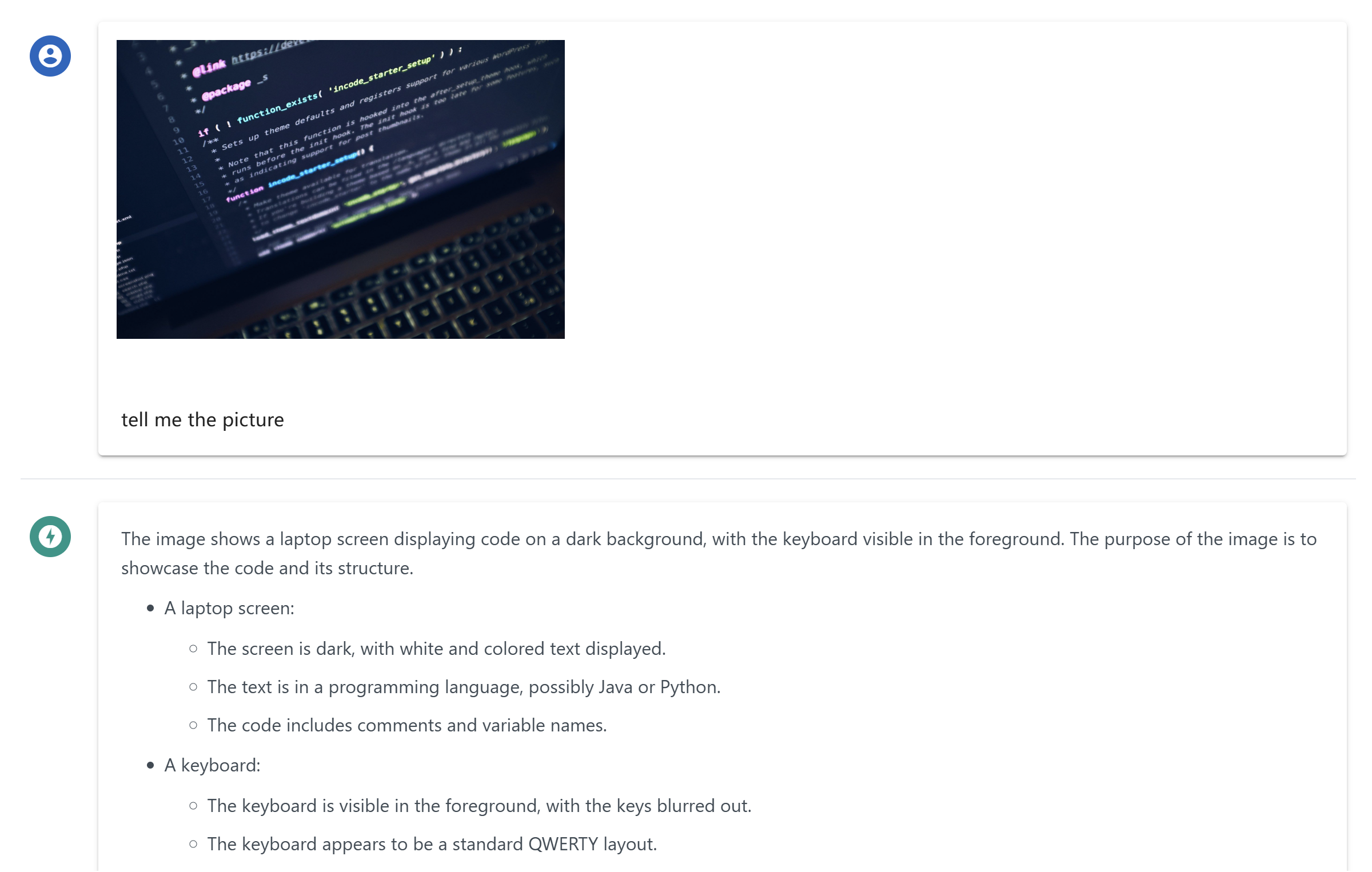Mcp 聊天桌面應用程式
一個桌面聊天應用程式,利用MCP(模型上下文協議)與其他大型語言模型(LLMs)進行接口。
概覽
什麼是 chat-mcp?
chat-mcp 是一款桌面聊天應用程式,利用模型上下文協議(MCP)來促進與各種大型語言模型(LLMs)的通信。這款創新的應用程式使用戶能夠無縫地與多個 AI 模型互動,通過利用每個模型的獨特能力來增強聊天體驗。
chat-mcp 的特點
- 多模型支持:chat-mcp 可以連接到各種 LLM,使用戶能夠選擇最適合其需求的模型。
- 用戶友好的界面:該應用程式設計簡潔直觀,使用戶能夠輕鬆導航和利用其功能。
- 實時通信:用戶可以進行實時對話,從連接的 LLM 獲得即時回應。
- 可自定義設置:用戶可以調整設置,以根據自己的偏好定制聊天體驗。
- 開源:作為一個開源項目,chat-mcp 鼓勵社區貢獻和開發透明度。
如何使用 chat-mcp
- 下載和安裝:訪問 chat-mcp 倉庫 下載最新版本的應用程式。
- 設置您的帳戶:按照屏幕上的指示創建帳戶或登錄。
- 連接到 LLM:從可用的 LLM 中選擇要連接的模型。您可以根據需要在模型之間切換。
- 開始聊天:在聊天窗口中輸入內容開始對話。LLM 將根據提供的上下文作出回應。
- 探索功能:利用可自定義的設置來增強您的聊天體驗。
常見問題
什麼是模型上下文協議(MCP)?
模型上下文協議(MCP)是一個框架,允許不同的 AI 模型進行通信和共享上下文,使對話更加連貫和上下文相關。
chat-mcp 是免費使用的嗎?
是的,chat-mcp 是一個開源應用程式,這意味著它可以免費下載和使用。如果您願意,還可以為其開發做出貢獻。
我可以為 chat-mcp 項目做貢獻嗎?
當然可以!歡迎貢獻。您可以在 GitHub 倉庫 提交問題、功能請求或甚至拉取請求。
chat-mcp 支持哪些平台?
chat-mcp 設計為跨平台,支持主要操作系統,如 Windows、macOS 和 Linux。
我該如何報告錯誤或問題?
如果您遇到任何錯誤或問題,請在倉庫的 問題頁面 上報告。您的反饋對於改進應用程式非常重要。
通過使用 chat-mcp,用戶可以增強與 AI 模型的互動,使對話更加引人入勝和富有信息。
詳細
…
伺服器配置
{
"mcpServers": {
"chat-mcp": {
"command": "docker",
"args": [
"run",
"-i",
"--rm",
"ghcr.io/metorial/mcp-container--ai-ql--chat-mcp--chat-mcp",
"npm run start"
],
"env": {}
}
}
}